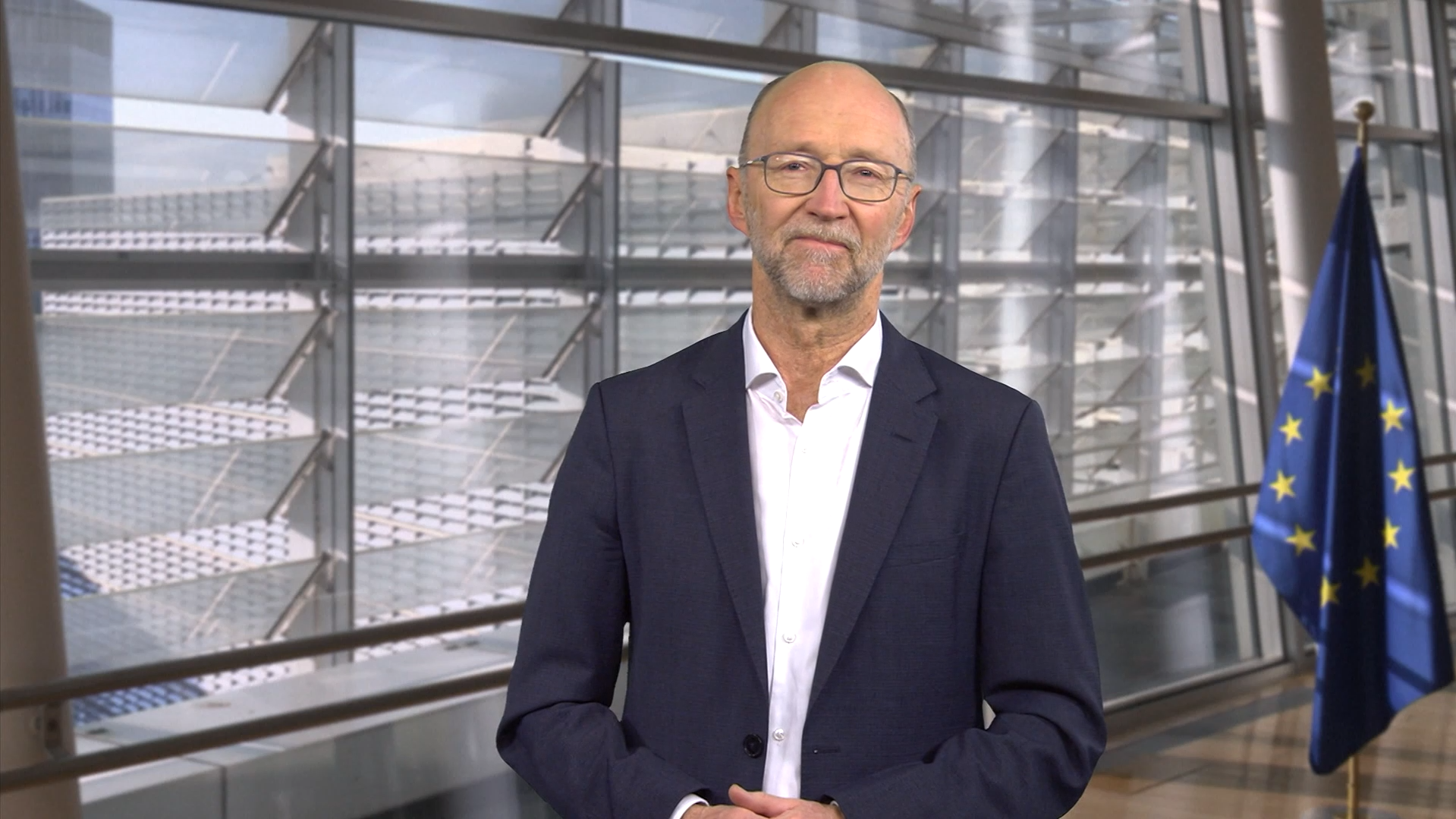With borders closed, classes moved to the cloud and student communities dispersed, recent weeks have seen the semester come to a screeching halt for the PBSA industry. Despite only 4.7% of prospective study abroad students reporting to educations.com this week that they intend to cancel their future plans entirely, student accommodation providers in Europe are looking at abandoned rooms and predicting a long road to stability.
The Class Foundation student accommodation industry sentiment survey was conducted between 25th-26th of March 2020 with an aim to understand the priorities of the European PBSA industry in this time of uncertainty. The respondents represented 38 organisations who are the key players in the student accommodation industry, including the leading operators, investors, suppliers, associations and universities across Europe.
Highlights
- Around 76% anticipate one semester or longer to return to business as usual
- In-house student/resident wellbeing (76%) is the top priority but securing cash flow is also a major concern (59.26%)
- The student housing industry calls for financial support from governments
Q. Once the outbreak is contained how long do you estimate it will take for the industry to get back to business as usual?

The big question for many is the expected duration of this uncertainty. 76% of respondents predicted stabilization times to be longer than one semester, while the remaining 24% predict shorter terms, indicating that the industry anticipates mid to long term impact after the outbreak of COVID-19. With this anticipation, it is evident that the industry is already experiencing challenges in their operations areas and responding to the situation by restructuring their priorities.
Q. What are your key priorities over the next 4 weeks? (multiple answers possible)

In-house students/resident wellbeing and workforce health & safety were unsurprisingly in the top two positions for this industry focused on care and community. Strikingly, cash flow management and financing are already of major concern for the respondents, showcasing a concern for the longer-term dynamics of international student mobility.
With the prediction of prolonged pandemic and its impact affecting the entire socio-economic ecosystem, the industry urges for more government support. 37% of the respondents considered government response to be ‘not sufficient’ or ‘good but focusing on the wrong areas/aspects’ while only 16.67% consider their government’s response to be ‘good.’
Q. What areas should your government be prioritizing to support our industry?

When asked which areas governments should be prioritizing to support the industry, wage support for employees and financial aid through loans and tuition fees for students scored the highest, receiving equal 33.33% responses each. 18.52% of participants supported tax relief in the form of revenue, income and property tax. Other participant suggestions included changing rental laws, rent guarantees through a housing credit fund, financial aid to underwrite student rent, direct financial support for education institutions through crisis and recovery, loans for construction and enhancing confidence in mobility for the future.
Q. If you are an operator how have you responded to change in demand?

Even with the uncertainly ahead with 38% of the responded operators anticipating lower occupancy for next year and demanding more government support, many of the leading players are already taking their own measures to respond to the changing demands of the students. 40% of the operators indicated that they allowed students that returned home to cancel their contracts, while 24% state they are providing a rent free period and 17% are providing discounts, indicating that the operators are recognising the challenges of the students. Other measures taken include perks for bookers of rooms next year, free internet, rent deferrals, and repositioning to focus on domestic students. One respondent is working on a case-by-case basis and several are still working on their responses.
These survey results serve as a snapshot, hence changes in the industry sentiment are predicted as the industry learns more about and adapts to the changing situation. There were also some encouraging comments shared by the respondents and emphasising stronger collaboration between Higher education and student accommodation players.
One respondent commented “with this global ‘Black Swan event’ it will challenge all businesses and industries to respond in ways never imagined before. We believe, like food and water, essential to humanity, Health and Education will grow as the backbone to society’s needs. Higher Education will come out stronger as will many PBSA providers that are able to evolve.” while another added “Greater insight into how universities are coping and their strategy is key to all of us”
This survey is part of a wider effort by The Class Foundation to understand the impact of this crisis on the industry and chart the way forward.




